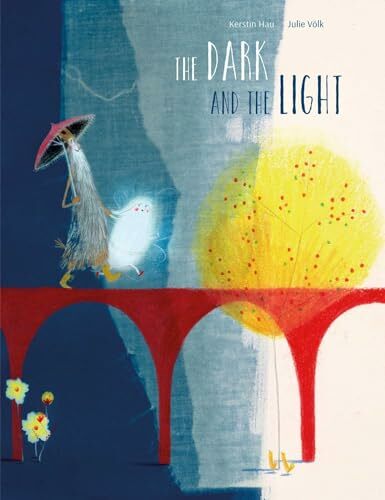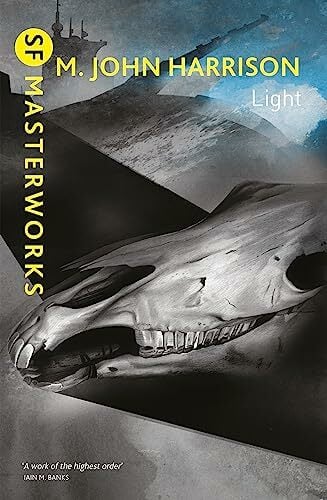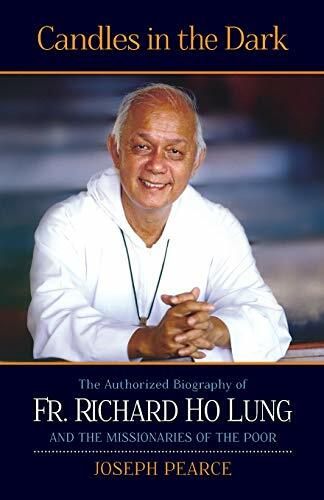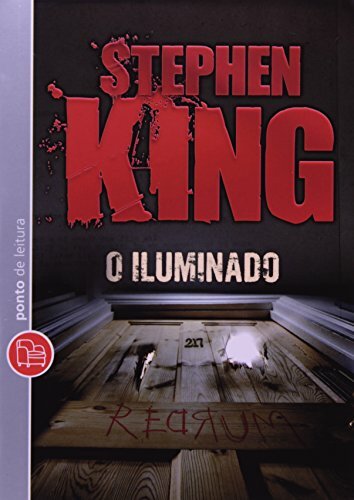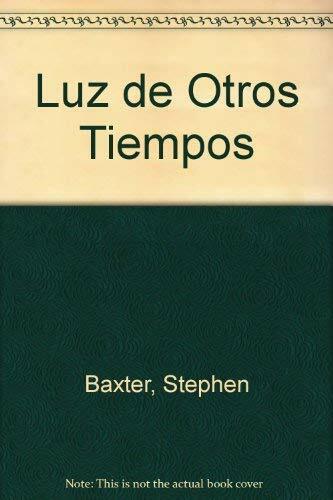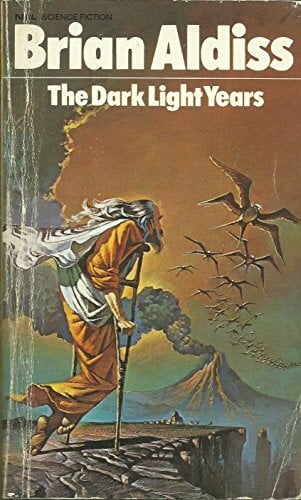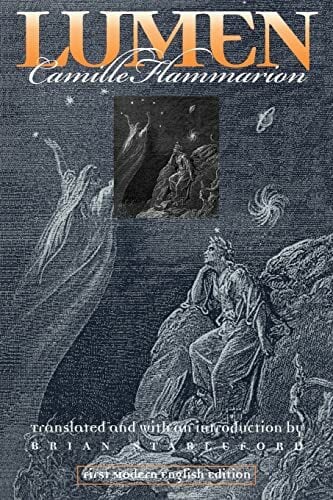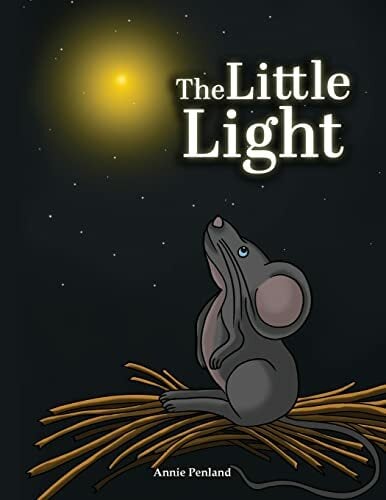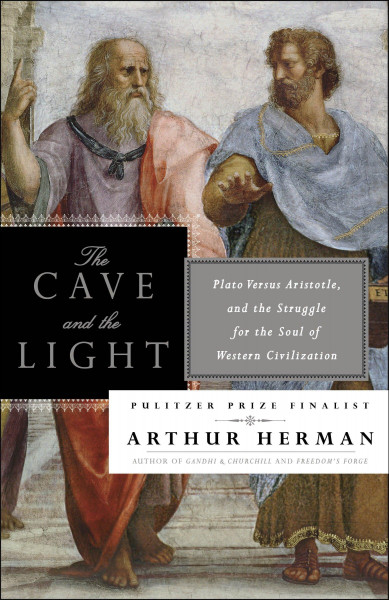
The Cave And The Light
Kurzinformation
inkl. MwSt. Versandinformationen
Artikel zZt. nicht lieferbar
Artikel zZt. nicht lieferbar

Beschreibung
The definitive sequel to New York Times bestseller How the Scots Invented the Modern World is a magisterial account of how the two greatest thinkers of the ancient world, Plato and Aristotle, laid the foundations of Western culture-and how their rivalry shaped the essential features of our culture down to the present day. Plato came from a wealthy, connected Athenian family and lived a comfortable upper-class lifestyle until he met an odd little man named Socrates, who showed him a new world of ideas and ideals. Socrates taught Plato that a man must use reason to attain wisdom, and that the life of a lover of wisdom, a philosopher, was the pinnacle of achievement. Plato dedicated himself to living that ideal and went on to create a school, his famed Academy, to teach others the path to enlightenment through contemplation. However, the same Academy that spread Plato's teachings also fostered his greatest rival. Born to a family of Greek physicians, Aristotle had learned early on the value of observation and hands-on experience. Rather than rely on pure contemplation, he insisted that the truest path to knowledge is through empirical discovery and exploration of the world around us. Aristotle, Plato's most brilliant pupil, thus settled on a philosophy very different from his instructor's and launched a rivalry with profound effects on Western culture. The two men disagreed on the fundamental purpose of the philosophy. For Plato, the image of the cave summed up man's destined path, emerging from the darkness of material existence to the light of a higher and more spiritual truth. Aristotle thought otherwise. Instead of rising above mundane reality, he insisted, the philosopher's job is to explain how the real world works, and how we can find our place in it. Aristotle set up a school in Athens to rival Plato's Academy: the Lyceum. The competition that ensued between the two schools, and between Plato and Aristotle, set the world on an intellectual adventure that lasted through the Middle Ages and Renaissance and that still continues today. From Martin Luther (who named Aristotle the third great enemy of true religion, after the devil and the Pope) to Karl Marx (whose utopian views rival Plato's), heroes and villains of history have been inspired and incensed by these two master philosophers-but never outside their influence. Accessible, riveting, and eloquently written, The Cave and the Light provides a stunning new perspective on the Western world, certain to open eyes and stir debate.Praise for The Cave and the Light "A sweeping intellectual history viewed through two ancient Greek lenses . . . breezy and enthusiastic but resting on a sturdy rock of research."-Kirkus Reviews "Examining mathematics, politics, theology, and architecture, the book demonstrates the continuing relevance of the ancient world."-Publishers Weekly "A fabulous way to understand over two millennia of history, all in one book."-Library Journal "Entertaining and often illuminating."-The Wall Street Journal von Herman, Arthur
Produktdetails

So garantieren wir Dir zu jeder Zeit Premiumqualität.
Über den Autor
Arthur Herman is the bestselling author of Freedom's Forge, How the Scots Invented the Modern World, The Idea of Decline in Western History, To Rule the Waves, and Gandhi & Churchill, which was a 2009 finalist for the Pulitzer Prize. Dr. Herman taught the Western Heritage Program at the Smithsonian's Campus on the Mall, and he has been a professor of history at Georgetown University, The Catholic University of America, George Mason University, and The University of the South at Sewanee.

- paperback
- 188 Seiten
- Erschienen 2019
- XULON PR

- paperback
- 324 Seiten
- Carl Ueberreuter Verlag

- hardcover
- 32 Seiten
- Erschienen 2011
- scm

- paperback
- 312 Seiten
- Erschienen 2019
- Arcade Crimewise

- paperback
- 272 Seiten
- Erschienen 2012
- Vintage

- Kartoniert
- 144 Seiten
- Erschienen 2020
- BoD – Books on Demand

- Kartoniert
- 352 Seiten
- Erschienen 2019
- PICON publishing Doreen Hal...




 bestellen
bestellen